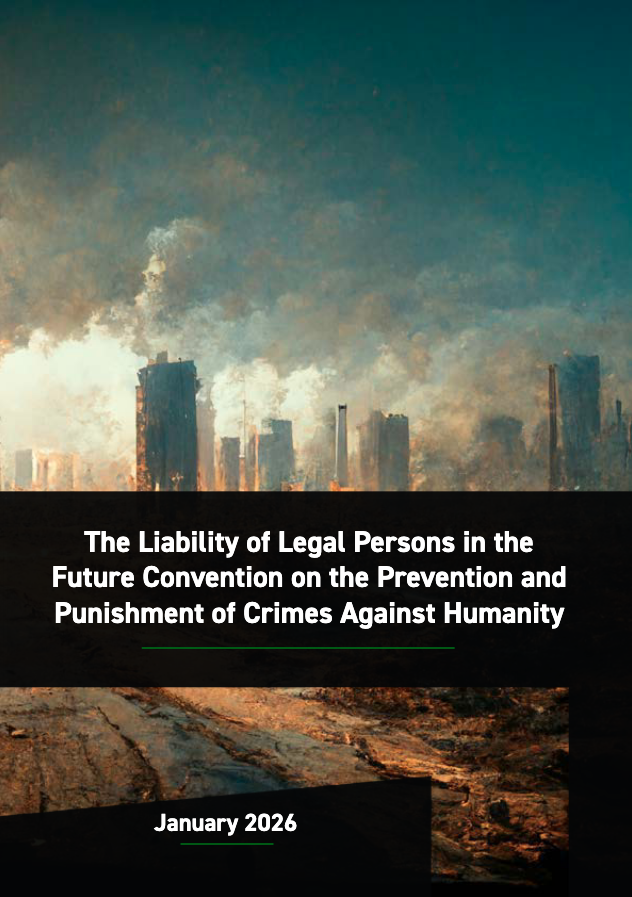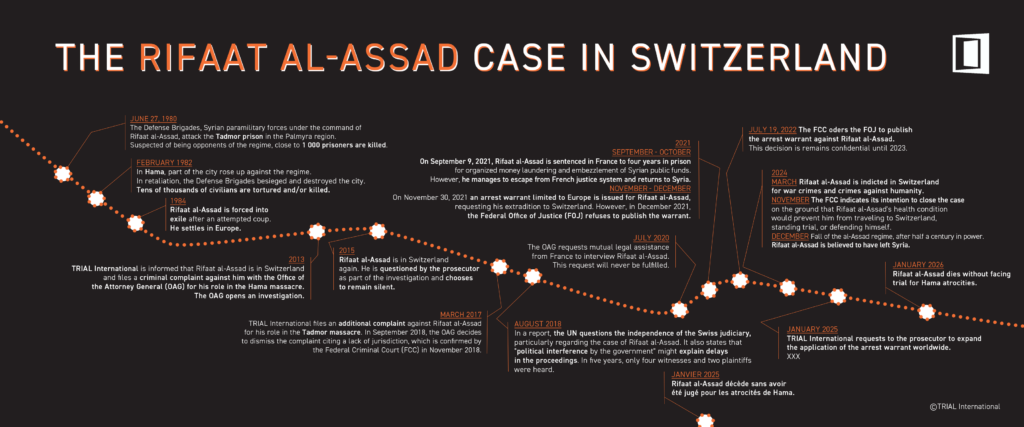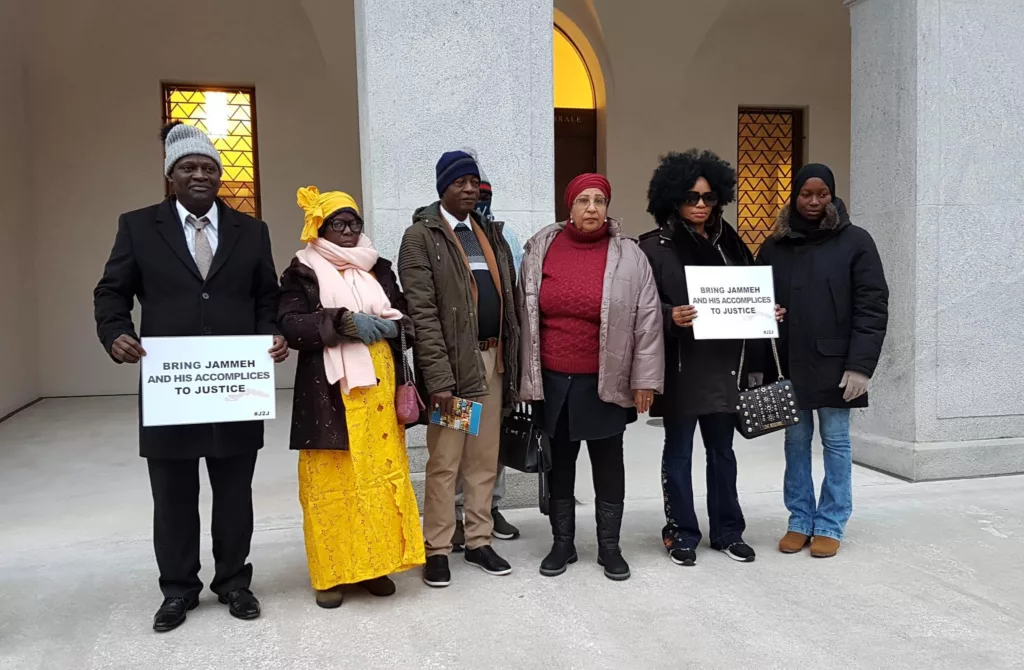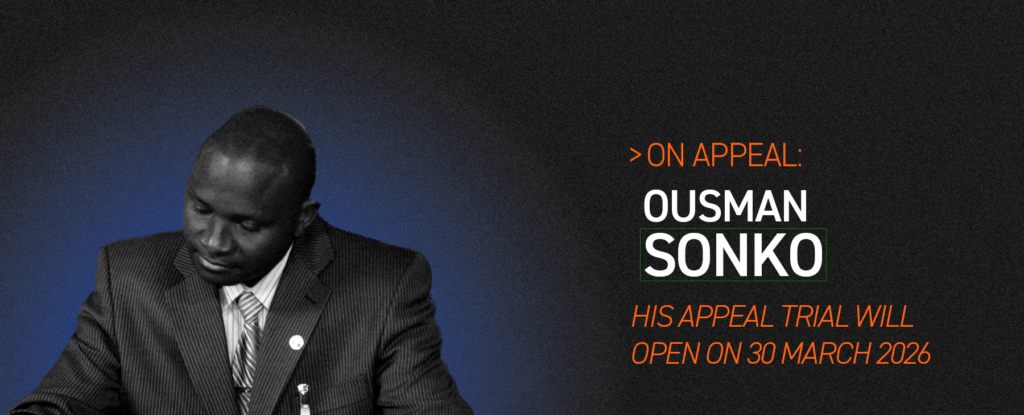Why remembering Srebrenica is simply not enough
A conflict at the doors of the EU. Civilians fleeing the attacks. A toothless international community unable to protect them. Thousands of dead.
Aleppo in 2017? No, Srebrenica in 1995.
This week, we commemorate the anniversary of the biggest massacre in Europe since World War II. On 11 July 1995, Bosnian Serbs led by Ratko Mladic murdered over 8’000 Bosniaks in the enclave of Srebrenica. The international community watched helplessly.
The parallels between the situation then and now are harshly obvious. Despite the “never again” leitmotiv traditional to commemoration ceremonies, we have failed – spectacularly failed – to prevent mass atrocities since.
Syria offers a resounding, quasi-daily example of our inertia in the face of barbarity. Many other conflicts do not make the headlines but are equally tragic: South Sudan, the Democratic Republic of the Congo, Mexico and others.
Why do so many crimes still go unpunished?
Not only have we failed to prevent mass crimes, but we are also failing to address the wounds of the past. Many families still don’t know what happened to their loved ones at Srebrenica, while criminals remain at large – and sometimes are even hailed as national heroes.
These shortcomings are even more blatant in the light of the available legal arsenal. International justice was all but embryonic when the Balkan wars broke out, but fast forward two decades and we have two International Criminal Tribunals, several mixed courts and the first permanent International Criminal Court.
States too have gradually embraced the fight against impunity and are starting to prosecute international crimes domestically, based on the principle of universal jurisdiction. National systems in that area have grown and matured and though imperfect, they offer possible avenues for victims seeking justice.
The tools are there, the systems are in place. Why, then, do so many crimes still go unpunished? Unsurprisingly, the answer is political will.
“Never again” rings hollow
On 11 July, many heads of States will remember Srebrenica, mourn its dead and condemn international passivity. The “never again” pledge will be echoed far and wide. Some leaders may even blame the current governments in the former Yugoslavia for not working hard enough towards reconciliation – and they will have a point.
But how many States will go beyond the hand-wringing and the finger-pointing? How many will commit time and resources to ensuring mass crimes are indeed a thing of the past?
The newly set-up mechanism to investigate Syrian crimes is still far from being funded. Civil society organizations have actually set up crowdfunding solutions to support it! In Switzerland, the Office of the Attorney General has allocated vastly insufficient resources to prosecute suspects of international crimes that we know to be present in the country.
Will we do today what it takes for justice to prevail? Or will our future calendars just include more commemorative days for atrocities we could have prevented?




